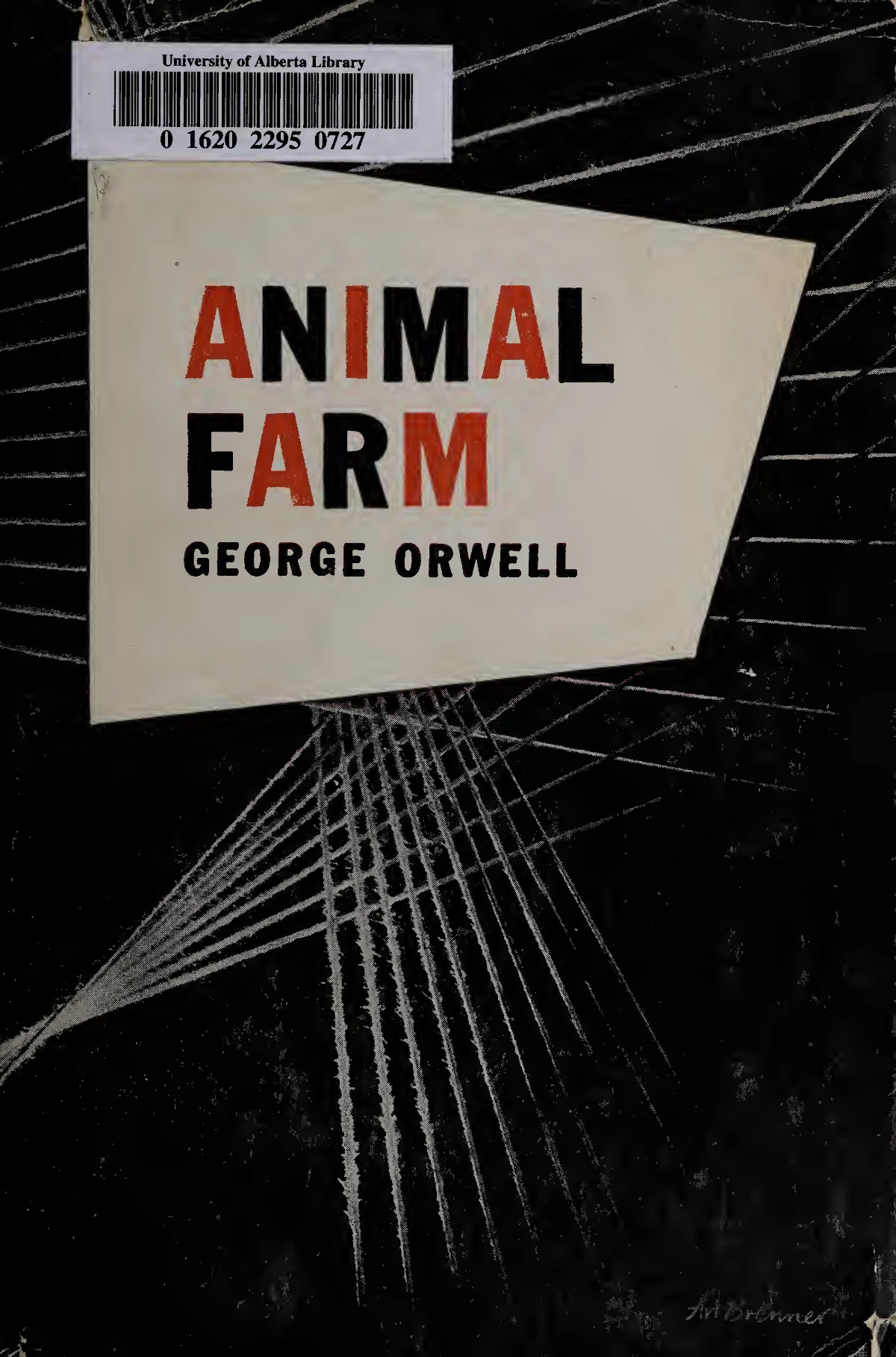
Animal Farm Book
“Animal Farm” by George Orwell is a satirical novella that uses a group of farm animals to represent the events leading up to the Russian Revolution of 1917 and the early years of the Soviet Union.
Animal Farm by George Orwell Summary
Chapter 1:
The story begins on Manor Farm, where Old Major, an elderly boar, calls the animals together for a meeting. He shares his vision of a rebellion against the cruel human farmer, Mr. Jones, and teaches them a revolutionary song called “Beasts of England.” Old Major’s ideas form the basis of Animalism, a philosophy advocating for animal rights and equality.
Chapter 2:
After Old Major’s death, the pigs, led by Snowball and Napoleon, organize the rebellion. They successfully overthrow Mr. Jones and take over the farm, renaming it Animal Farm. The pigs set up a system of governance based on the Seven Commandments of Animalism, which include the principle that all animals are equal.
Chapter 3:
The animals work hard to run the farm themselves. The pigs, being the smartest animals, assume leadership roles, with Snowball and Napoleon taking charge. The pigs take advantage of their position, starting with the appropriation of milk and apples for themselves, justifying it as necessary for their brainwork.
Chapter 4:
The revolution spreads to other farms, inspiring rebellions. Mr. Jones and his men attempt to retake the farm, but the animals, led by Snowball, defend it successfully in the Battle of the Cowshed. Snowball and Boxer, the workhorse, are celebrated as heroes.
Chapter 5:
Snowball proposes building a windmill to generate electricity and improve the animals’ lives, but Napoleon opposes the idea. During a meeting, Napoleon uses his trained dogs to chase Snowball away, consolidating his power. He declares that the windmill will be built after all, taking credit for the idea.
Chapter 6:
The animals work harder than ever on the windmill. Napoleon begins trading with human farmers, despite an earlier commandment forbidding such actions. The pigs move into the farmhouse and start sleeping in beds, breaking another commandment. The windmill is destroyed in a storm, which Napoleon blames on Snowball.
Chapter 7:
Life on the farm becomes increasingly difficult. The pigs use propaganda to maintain control, rewriting history to portray Snowball as a traitor. Napoleon uses public executions to quell dissent and terrorize the other animals. The animals continue to rebuild the windmill.
Chapter 8:
The animals face starvation and overwork, but Napoleon ensures they blame their suffering on external enemies. The windmill is completed but soon destroyed again by Mr. Frederick, a human farmer who tricks Napoleon in a trade deal. Despite this setback, Napoleon declares the destruction a victory.
Chapter 9:
Boxer, the hardworking horse, is severely injured while working on the windmill. Instead of retiring him as promised, Napoleon sells Boxer to a glue factory for money to buy whiskey. The pigs continue to indulge themselves, further betraying the principles of Animalism.
Chapter 10:
Years pass, and the pigs become increasingly like the humans they once overthrew. They walk on two legs, wear clothes, and fraternize with human farmers. The Seven Commandments are reduced to a single phrase: “All animals are equal, but some animals are more equal than others.” The other animals realize they can no longer distinguish between the pigs and humans.